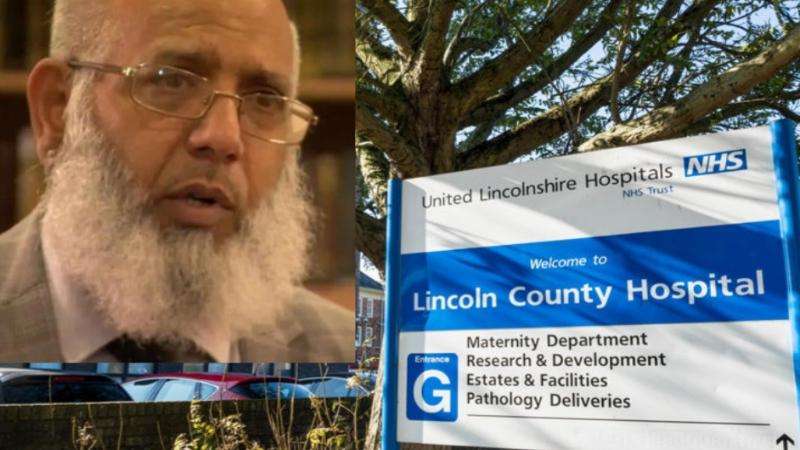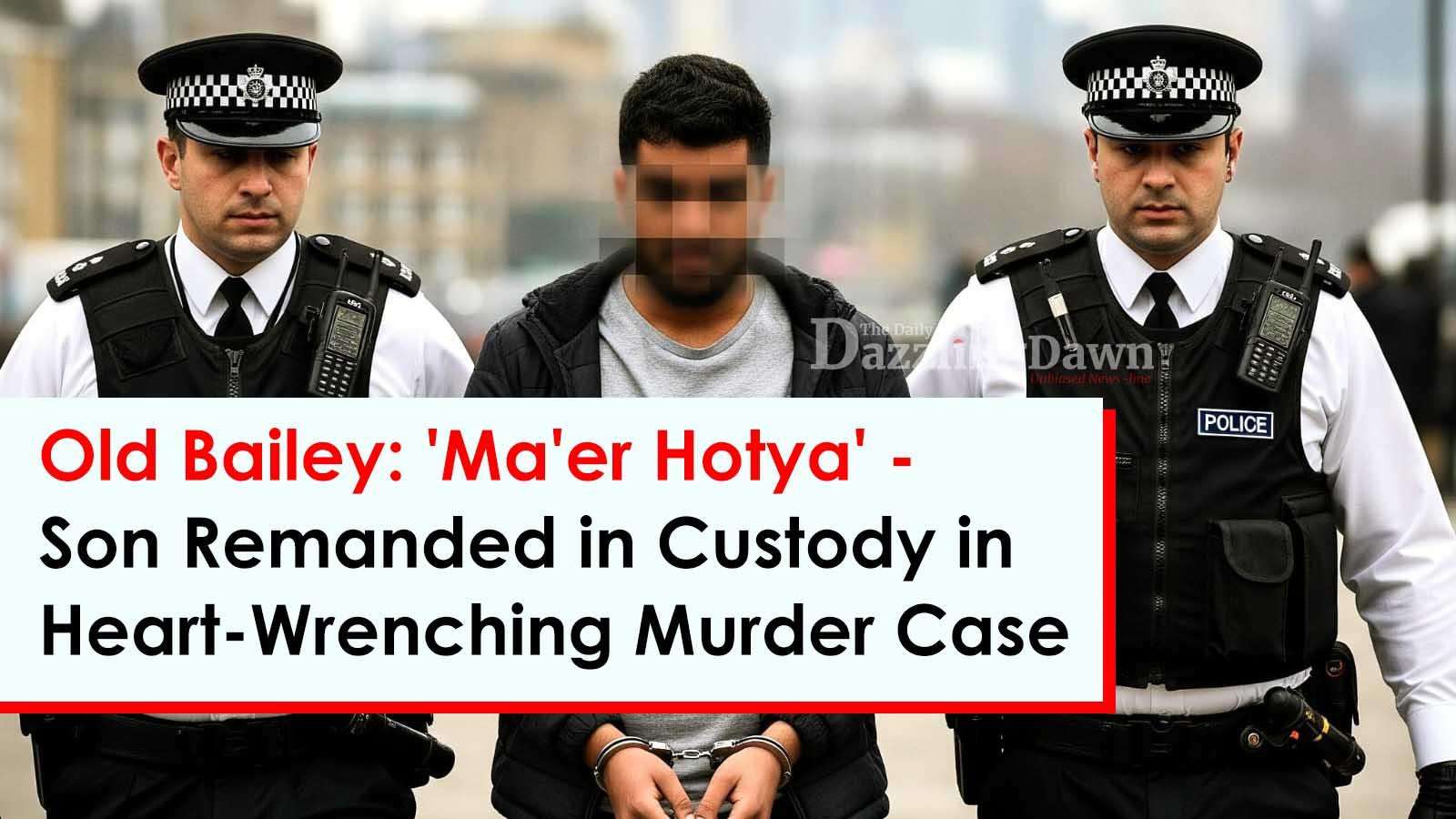Sir Keir Starmer has faced significant turbulence during his first year as Prime Minister, with Labour’s popularity slipping in the polls and divisions emerging within his own party. Now entering the second phase of his ambition for a “decade of renewal,” Starmer must navigate mounting political and public skepticism.
Labour returned to power on July 4 last year with an impressive win of over 400 seats—just shy of Tony Blair’s historic 1997 landslide. However, a year on, polling expert Professor Sir John Curtice has dubbed it “the worst start for any newly elected prime minister.”
Starmer opened his premiership with a downbeat message, warning that “things will get worse before they get better,” and cited a “black hole” in public finances caused by the previous government. This tone, combined with unpopular early decisions, quickly sparked criticism.
One of the first major controversies came with plans to restrict winter fuel payments for pensioners, a proposal that triggered widespread backlash and was eventually reversed with broader eligibility reinstated. Similarly, an attempted reform to welfare benefits was rolled back after pressure from backbenchers, raising fears of further tax hikes in the upcoming autumn budget as the Chancellor looks to balance public finances.
These U-turns have empowered Labour rebels, threatening Starmer’s ability to push through key elements of his agenda. Sir John Curtice noted that while Starmer campaigned on cleaning up after the Conservatives, the public remains unclear on his broader vision. “The only real message is: ‘We’ll fix what the Tories broke.’ But there’s little clarity on how he intends to change the country,” Curtice told Times Radio.
Starmer himself has acknowledged this communication problem, saying in an interview with The Times that he owns all the Government’s decisions but struggles to make their achievements resonate with working people. He also admitted that his focus on international matters delayed his response to the internal party unrest over welfare reforms.
Although he managed to reduce a rebellion from 126 Labour MPs down to 49, the concessions required to do so marked the most significant dissent of his premiership, coming just before his one-year anniversary in office.
On the international stage, Starmer has tried to strike a careful balance. He has rebuilt ties with the European Union while also strengthening relations with U.S. President Donald Trump, even inviting him for a second state visit to the UK. He considers his “hat-trick” of foreign policy wins to be a renewed EU partnership, a trade deal with India, and partial relief from Trump-era tariffs. He has also committed to increasing UK defense spending to 2.5% of GDP by 2027, and supports NATO’s long-term goal of reaching 5% by 2035.
Domestically, Starmer faces growing pressure from Reform UK. According to a recent YouGov megapoll, Reform could now overtake Labour in a general election, while Ipsos polling shows Nigel Farage’s party polling at 34% compared to Labour’s 25%.
In May, Starmer framed Reform UK as Labour’s primary opponent, arguing that the Conservatives have “run out of road.” This came after Reform’s strong performance in local elections and their victory in a by-election in Runcorn and Helsby, previously a Labour stronghold.
However, Starmer also stumbled during an immigration speech, where he warned that Britain could become an “island of strangers.” The phrasing drew backlash and comparisons to Enoch Powell’s divisive “rivers of blood” speech from the 1960s. Starmer has since expressed regret over those words, though sources say he intends to target more authoritarian-leaning voters with promises to tackle crime and immigration more assertively.
Within Labour’s own ranks, discontent is brewing. A LabourList survey of party members found that 64% wanted the party to shift further to the left, while just 2% supported a move to the right.
Starmer’s next significant electoral test will come with the Welsh and Scottish elections in May, where Reform UK aims to end Labour’s 26-year control of the Senedd. In a recent speech to the Welsh Labour conference, Starmer again criticized Reform, saying Farage “has no plan at all” for the country.
While Starmer has earned praise from political historian Sir Anthony Seldon for his response to global crises and domestic unrest, Seldon urged the Prime Minister to focus more on promoting economic growth and hope. “Show people things are getting better. Show them you’re really leading,” he told Sky News.
Starmer insists that the past year was spent stabilizing the country and fixing the damage left by previous administrations. Speaking to business leaders last week, he said, “We’ve wiped the slate clean, we’ve stabilised the economy, and now we can move forward with the next phase of government, building on that foundation.”







_4.jpg)
.svg)


